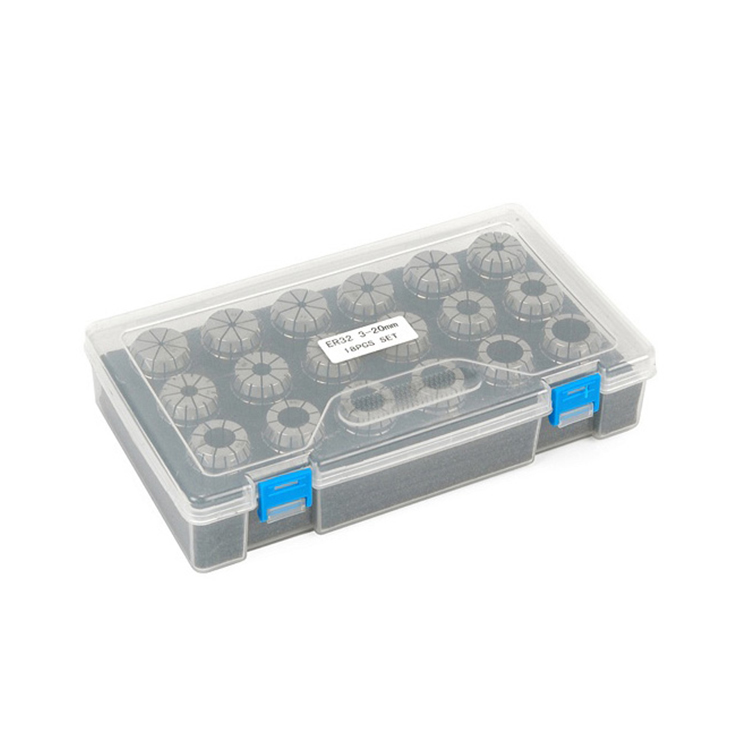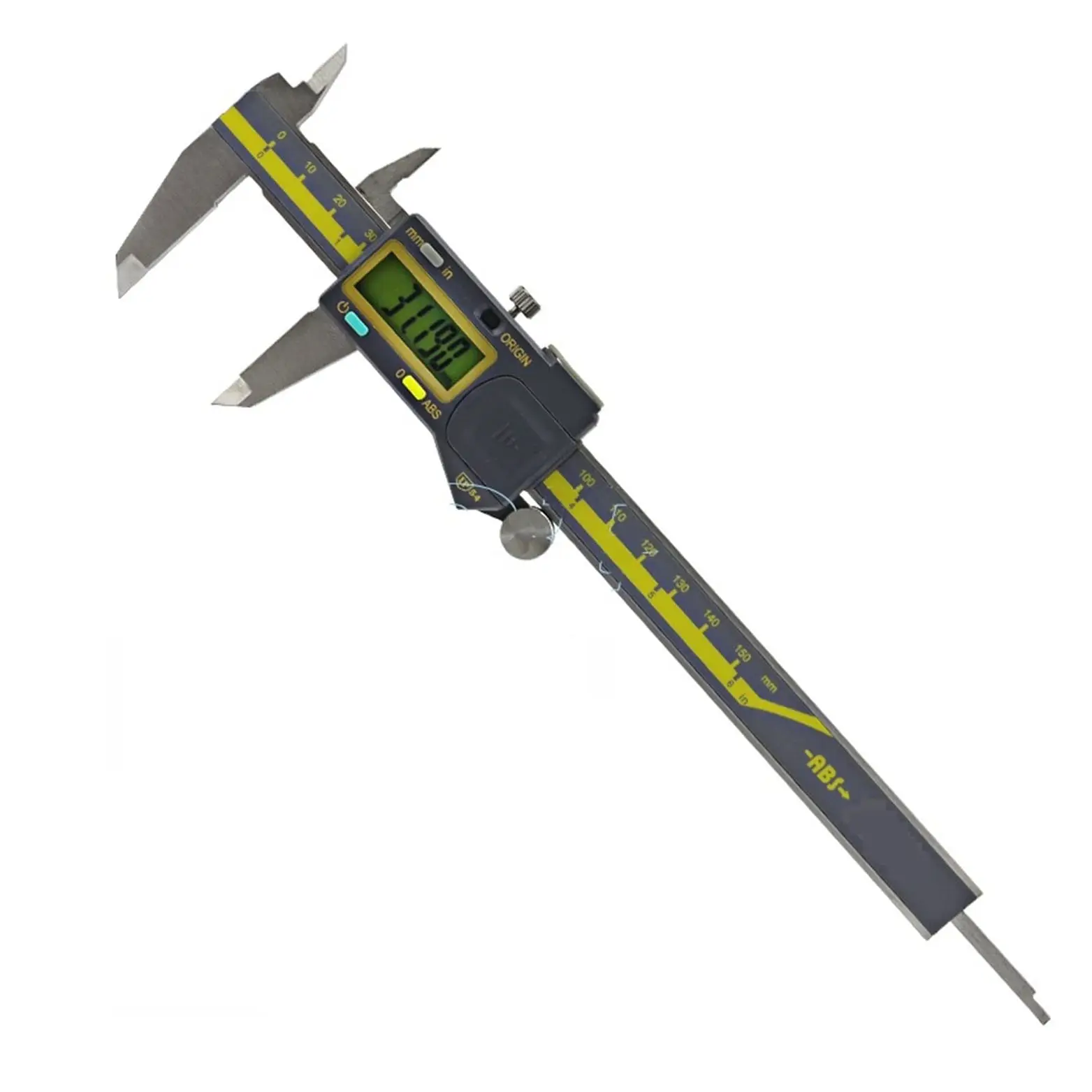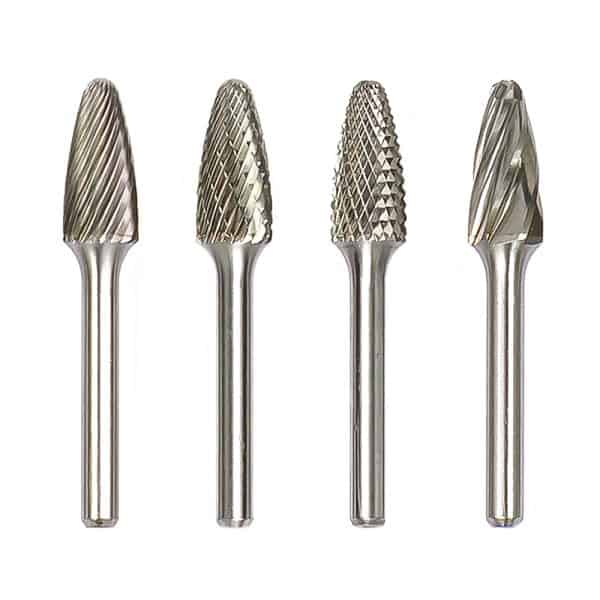slot end mill
A slot end mill is a type of cutting tool specifically designed to create slots or grooves in materials. They differ from standard end mills by having cutting edges that extend to the center of the tool, enabling them to plunge directly into the material and cut laterally. Their applications span from aerospace to mold making.Understanding Slot End MillsWhat is a Slot End Mill?A slot end mill is a specialized type of end mill used for cutting slots, keyways, and grooves in various materials. Unlike other end mills, slot end mills have cutting edges that extend all the way to the center of the tool, allowing them to plunge directly into the material and cut laterally without pre-drilling a pilot hole. This makes them ideal for creating precise and clean slots.Key Features of a Slot End MillCenter-Cutting Capability: The ability to plunge directly into the material is the defining feature.High Rigidity: Designed for stable cutting, crucial for slotting operations.Variety of Flutes: Available in different flute numbers (2, 3, 4, or more) to optimize performance for various materials and cutting conditions.Different Materials: Commonly made from high-speed steel (HSS), cobalt, or carbide, with carbide offering the best performance and durability.Types of Slot End MillsChoosing the right slot end mill depends on the material being machined, the desired slot dimensions, and the machine tool being used. Here's a breakdown of common types:By MaterialHSS (High-Speed Steel) Slot End Mills: Economical and suitable for general-purpose machining of softer materials like aluminum and plastic.Cobalt Slot End Mills: Offer better heat resistance and wear resistance than HSS, making them suitable for machining tougher materials like stainless steel.Carbide Slot End Mills: Provide the highest hardness and wear resistance, ideal for machining abrasive materials and high-speed cutting applications. They are more expensive but offer longer tool life and superior performance.By Number of Flutes2-Flute Slot End Mills: Offer excellent chip evacuation and are suitable for cutting softer materials where chip build-up can be a problem.3-Flute Slot End Mills: Provide a good balance between chip evacuation and surface finish.4-Flute Slot End Mills: Offer a smoother surface finish and are better suited for machining harder materials at higher speeds.By GeometrySquare End Slot End Mills: The most common type, used for general-purpose slotting applications.Ball Nose Slot End Mills: Used for creating contoured slots and rounded edges.Corner Radius Slot End Mills: Feature a small radius on the cutting edge to reduce chipping and improve surface finish.Applications of Slot End MillsSlot end mills are used in a wide range of industries and applications, including:Manufacturing: Creating slots and grooves in machine parts, jigs, and fixtures.Mold Making: Machining complex slots in molds and dies.Aerospace: Cutting slots in aircraft components.Automotive: Producing slots in engine parts and other automotive components.Woodworking: Creating grooves and dados in woodworking projects.Selecting the Right Slot End MillChoosing the appropriate slot end mill is crucial for achieving the desired results. Consider these factors:Material to be MachinedThe material being machined dictates the material of the end mill. Carbide is preferred for hardened steel, while HSS can suffice for aluminum.Slot DimensionsThe diameter of the slot end mill should match the desired slot width. The length of cut (LOC) should be sufficient to reach the desired slot depth. Wayleading Tools offers a variety of sizes to meet your specific needs. Check our catalog at www.wayleading.com for a comprehensive selection.Machine ToolThe machine tool's spindle speed and feed rate capabilities will influence the choice of end mill. Higher-speed machines can utilize carbide end mills more effectively.Cutting ParametersProper cutting speed, feed rate, and depth of cut are essential for achieving optimal performance and tool life. Consult machining guides and online resources for recommended parameters based on the material and end mill type.Tips for Using Slot End MillsFollow these tips for best results:Use Proper Cutting Fluids: Cutting fluids help to cool the tool and workpiece, reduce friction, and remove chips.Maintain Sharp Tools: Dull end mills can cause poor surface finish, excessive vibration, and premature tool failure.Secure Workholding: Ensure the workpiece is securely clamped to prevent movement during machining.Start with a Pilot Hole (If Necessary): While slot end mills are center-cutting, a pilot hole can help to reduce cutting forces and improve accuracy, especially when cutting deep slots.Control Chip Evacuation: Ensure proper chip evacuation to prevent chip build-up in the slot, which can damage the tool and workpiece.Troubleshooting Common IssuesChippingChipping can occur due to excessive cutting speed, feed rate, or depth of cut. It can also be caused by a dull end mill or improper workholding. Reduce cutting parameters and ensure the end mill is sharp.VibrationVibration can be caused by a loose machine spindle, excessive cutting forces, or an unbalanced end mill. Check the machine tool for any issues and reduce cutting parameters. Consider using a shorter end mill or a more rigid workholding setup.Poor Surface FinishPoor surface finish can be caused by a dull end mill, improper cutting parameters, or chip build-up. Ensure the end mill is sharp, adjust cutting parameters, and improve chip evacuation.Cost ConsiderationsThe cost of a slot end mill varies depending on the material, size, and number of flutes. HSS end mills are generally the least expensive, while carbide end mills are the most expensive. However, carbide end mills offer longer tool life and superior performance, which can offset the higher initial cost. Investing in quality slot end mills from a reputable supplier like Wayleading Tools ensures consistent performance and reliability. Contact us today for a quote!ConclusionSlot end mills are essential tools for creating precise slots and grooves in a variety of materials. By understanding the different types of slot end mills, selecting the right tool for the application, and following proper machining practices, you can achieve optimal results and maximize tool life. Remember to visit Wayleading Tools for all your slot end mill needs. Our experts can help you choose the best tool for your specific requirements.
Related products
Related products
Best selling products
Best selling products-
 Digital Indicator – Precision Type, Inch/Metric, Industrial Grade
Digital Indicator – Precision Type, Inch/Metric, Industrial Grade -
 Type M Cone Tungsten Carbide Rotary Burr
Type M Cone Tungsten Carbide Rotary Burr -
 DIN338 HSS Twist Drill Bit Fully Ground Or TiN Coated
DIN338 HSS Twist Drill Bit Fully Ground Or TiN Coated -
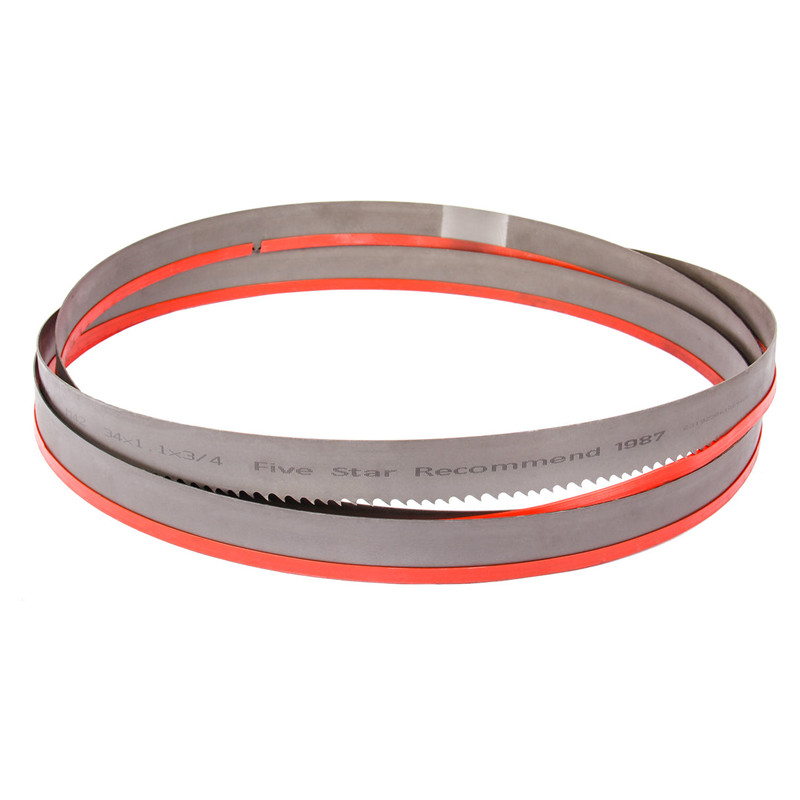 M51 Bi-Metal Bandsaw Blades For Industrial Type
M51 Bi-Metal Bandsaw Blades For Industrial Type -
 Precision IP54 Digital Outside Micrometer Of Inch & Metric With Data Output
Precision IP54 Digital Outside Micrometer Of Inch & Metric With Data Output -
 HSS Metric & Inch Woodruff Keyseat Cutter With Straight Or staggered Teeth
HSS Metric & Inch Woodruff Keyseat Cutter With Straight Or staggered Teeth -
 Metric HSS Annular Cutters With Weldon Shank For Metal Cutting
Metric HSS Annular Cutters With Weldon Shank For Metal Cutting -
 F1 Precision Boring Head With Metric & Inch
F1 Precision Boring Head With Metric & Inch -
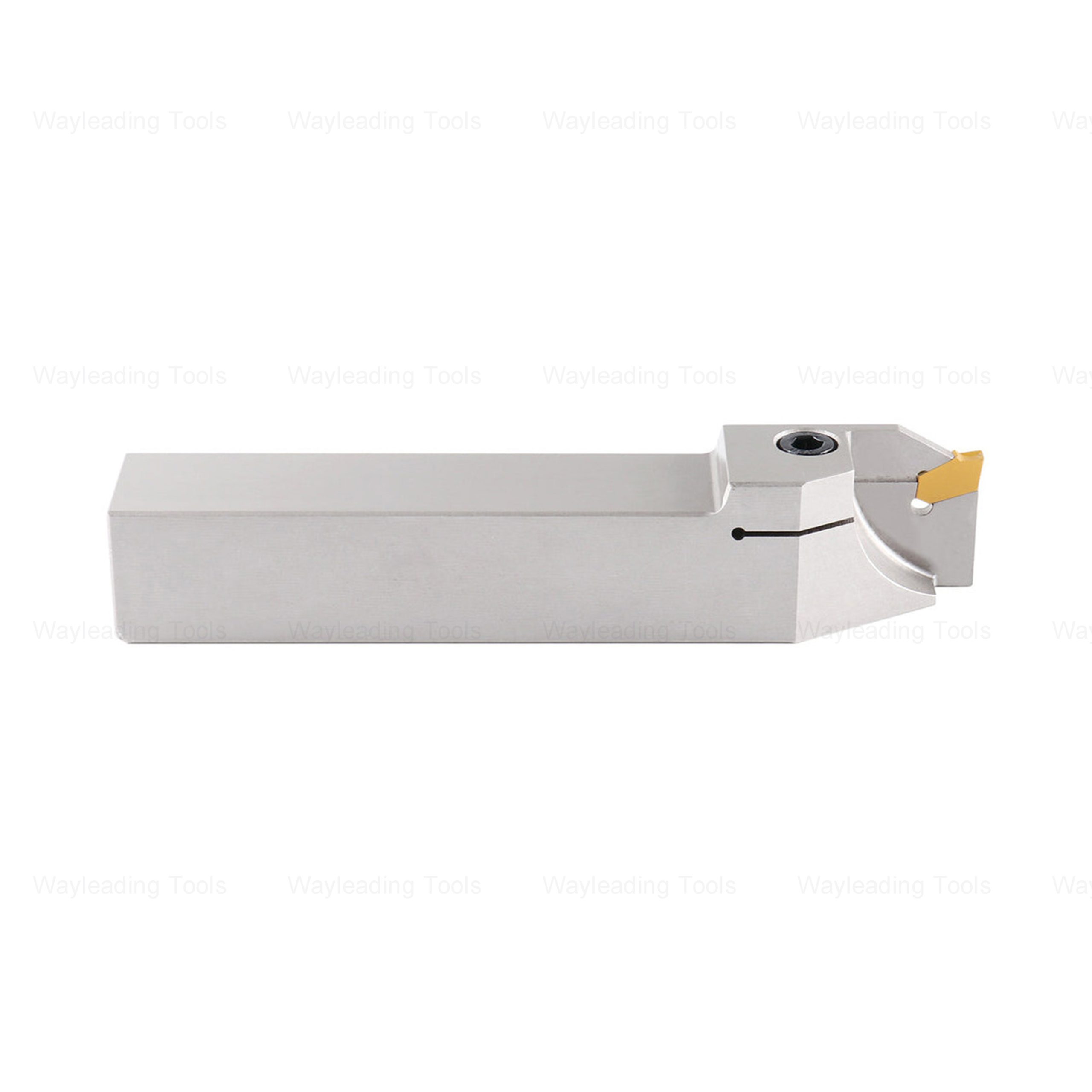 QA Grooving & Cut-Off Tool Holder
QA Grooving & Cut-Off Tool Holder -
 Indexable Square Shoulder End Mill For Industrial
Indexable Square Shoulder End Mill For Industrial -
 Dial Bore Guage From 6-450mm Range
Dial Bore Guage From 6-450mm Range -
 HSS Involute Spline Cutter With PA30
HSS Involute Spline Cutter With PA30

